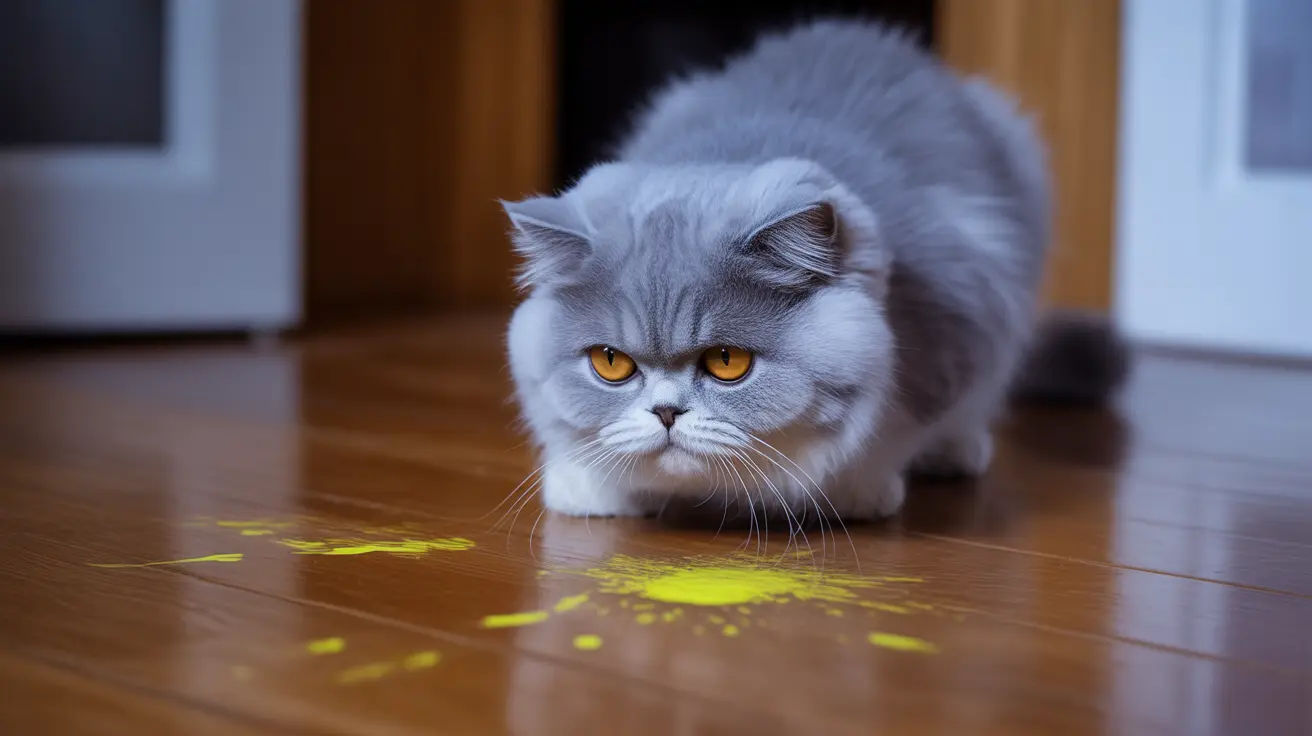Discovering cat urine on your hardwood floors can be frustrating and challenging to address. The porous nature of wood makes it particularly susceptible to absorbing and retaining unpleasant odors, especially from cat urine. This comprehensive guide will walk you through effective methods to eliminate cat pee smell from your hardwood floors while preserving their beauty and integrity.
Understanding why cat urine poses such a unique challenge is the first step toward effective treatment. Cat urine contains concentrated amounts of uric acid, ammonia, and other compounds that create that distinctive, pungent odor. When these substances seep into wood, they can create lasting damage if not properly addressed.
Understanding Why Cat Urine Odor Persists in Hardwood
Hardwood floors are particularly vulnerable to cat urine damage due to their porous structure. Even sealed hardwood can absorb urine if it finds its way through small cracks or worn areas in the finish. The uric acid crystals in cat urine become embedded in the wood fibers, making the odor particularly difficult to eliminate with regular cleaning methods.
These crystallized compounds can remain dormant until activated by humidity, causing that unmistakable ammonia smell to resurface even months after the initial incident. This is why special cleaning techniques and products are essential for complete odor elimination.
Immediate Action Steps
When you discover fresh cat urine on your hardwood floor, time is of the essence. Follow these immediate steps:
- Blot up as much urine as possible using paper towels or absorbent cloths
- Avoid rubbing, which can spread the urine and push it deeper into the wood
- Use a UV blacklight to identify all affected areas, as some spots might not be visible to the naked eye
- Clean the area thoroughly using appropriate cleaning solutions
Effective Cleaning Solutions and Methods
Enzymatic Cleaners
Enzymatic cleaners are your first line of defense against cat urine odor. These specially formulated solutions contain beneficial bacteria that break down the uric acid crystals responsible for the persistent smell. Apply the enzymatic cleaner generously to ensure it reaches all affected areas, including any seepage between floorboards.
Natural Remedies
Several natural solutions can be effective when used properly:
- White vinegar and water solution (1:1 ratio)
- Baking soda as an odor absorber
- Hydrogen peroxide (3% solution) for stubborn stains
- Essential oils like grapefruit oil for additional deodorizing power
Deep Cleaning Techniques
For more stubborn odors, you may need to employ deeper cleaning methods:
- Sand the affected area lightly if the finish is damaged
- Apply multiple treatments of enzymatic cleaner
- Use a dehumidifier to help dry the area completely
- Consider professional floor restoration for severe cases
Prevention and Long-term Solutions
Preventing future incidents is crucial for maintaining your hardwood floors. Consider these preventive measures:
- Address any underlying medical issues with your veterinarian
- Maintain clean litter boxes in accessible locations
- Use deterrent sprays in previously marked areas
- Apply a new seal to your hardwood floors if needed
Frequently Asked Questions
How can I remove cat pee smell from hardwood floors without damaging the finish?
Use pH-neutral enzymatic cleaners specifically designed for hardwood floors. Test the product on a small, inconspicuous area first, and avoid oversaturating the wood. Blot rather than scrub to prevent damage to the finish.
What are the best cleaning products to eliminate cat urine odor from wooden floors?
Enzymatic cleaners specifically formulated for pet urine are most effective. Look for products like Nature's Miracle Hard Floor Cleaner or Anti-Icky Poo, which are designed to break down uric acid without damaging wood.
Why does cat urine smell linger so much on hardwood floors even after cleaning?
Cat urine contains uric acid crystals that become trapped in wood's porous surface. These crystals can reactivate when exposed to moisture or humidity, causing the smell to resurface. Complete elimination requires products that specifically break down these crystallized compounds.
How do I find hidden cat urine stains on hardwood floors that cause persistent odors?
Use a UV blacklight in complete darkness to locate hidden urine spots. The urine will glow fluorescent yellow or green under the UV light, helping you identify all affected areas requiring treatment.
What steps can I take to prevent my cat from urinating on hardwood floors again?
Ensure your cat has easy access to clean litter boxes, address any medical issues, reduce stress factors, and thoroughly clean previous accident spots with enzymatic cleaners to remove attractive scents. Consider consulting with a veterinarian or animal behaviorist for persistent issues.
With proper cleaning techniques and preventive measures, you can successfully eliminate cat urine odor from your hardwood floors and maintain their beauty for years to come. Remember that patience and thoroughness are key when treating these persistent odors.






